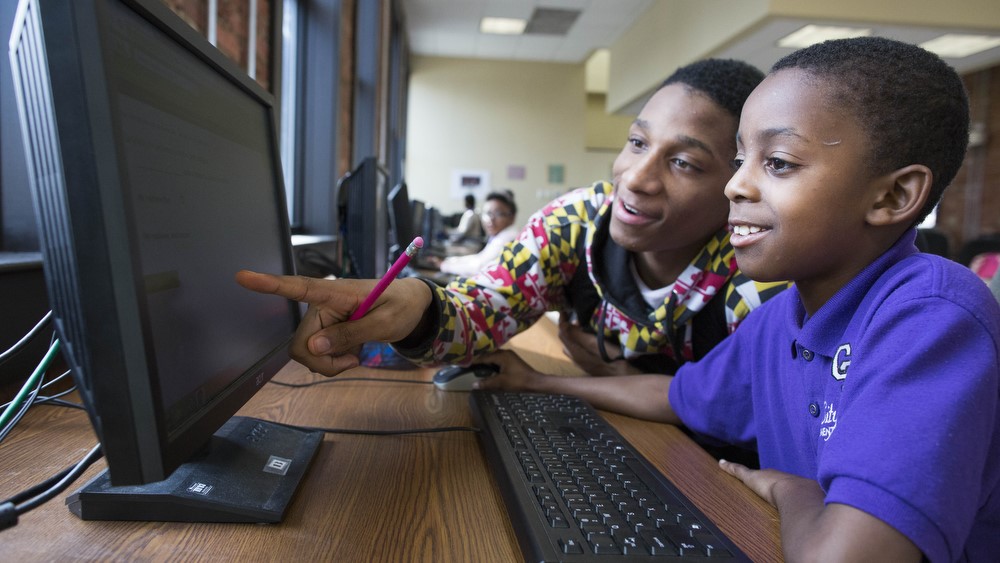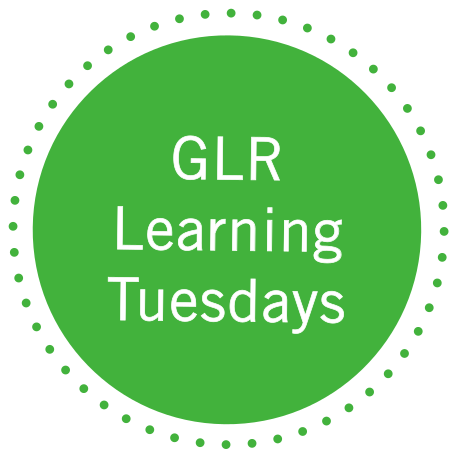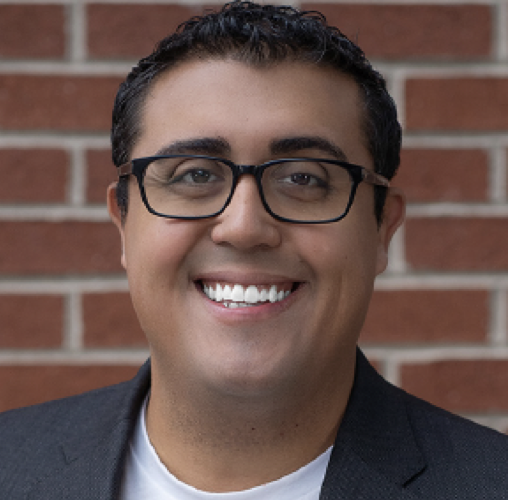
03:00 - 04:30 pm
State Investments Taking High-Impact Tutoring to Scale

This GLR Learning Tuesdays webinar, hosted on April 4, 2023, was Part 1 of a two-part series co-sponsored by Overdeck Family Foundation exploring high-impact tutoring as a critical, evidence-based strategy proven to accelerate academic learning post-pandemic. This learning and engagement opportunity also continued our series of sessions that follow up on our recent exploration of state and district spending from the $190 billion Elementary and Secondary School Emergency Relief (ESSER) federal fund.
During this week’s session, we began by clarifying what is meant by “high-impact” and acknowledged that while tutoring has been taking place for many years in many forms, there are essential elements that need to be in place to make a marked impact on learning recovery. Carly Robinson, Ph.D., Director of Research at the National Student Support Accelerator, shared a clear and concise definition:
High-impact tutoring involves students receiving one-on-one or small group instruction from a consistent, well-trained tutor and meeting with this tutor three or more times per week for a developmentally appropriate amount of time. And tutors are using high-quality curriculum that supplements what the student is learning in school, while also using data to track student progress and inform instruction.
Moderator Peter Lavorini of Overdeck Family Foundation engaged Robinson in a discussion with Sharon Contreras, Ph.D., of the Innovation Project and former Superintendent of Guilford County Schools in North Carolina. They further unpacked the elements necessary for high-impact tutoring and what it takes for a school district to implement these types of programs, such as establishing a new staffing unit to support students as Contreras did in Guilford County.
Two tutoring experts, AJ Gutierrez of Saga Education and Kevin Huffman of Accelerate, joined the conversation and shared what state departments of education can be doing to create the enabling conditions needed for districts to partner with tutoring providers and scale the number of students who have access to this important intervention. Gutierrez outlined Saga Education’s recommendations, particularly in terms of effective policies:
We recommend…[states establish] voluntary guidance on key tenants of high-impact tutoring that’s grounded in solid evidence, [with districts]…highly encouraged to follow them….If you have a more practical approach for scaling evidence-based programs, given that flexibility, I think you’re more likely to get good will from district leaders. The second piece on the policy front includes creating intentional pathways into teaching. So if you look at high-impact tutoring as a mechanism where you can cultivate and nurture the next generation of high-qualified teachers, you have this dual value of looking at tutoring not just as a way to accelerate learning, but also as a way to cultivate new talent within the district.


 All Events
All Events




